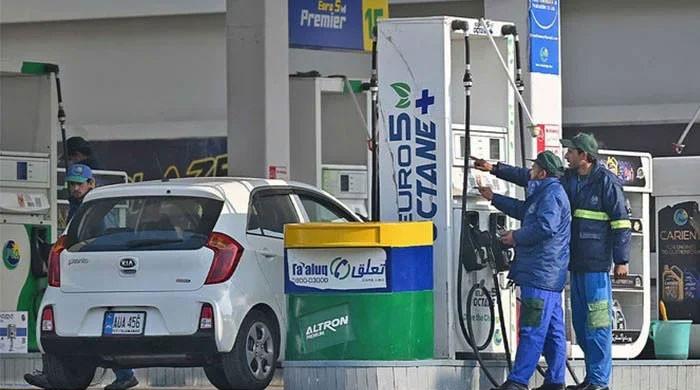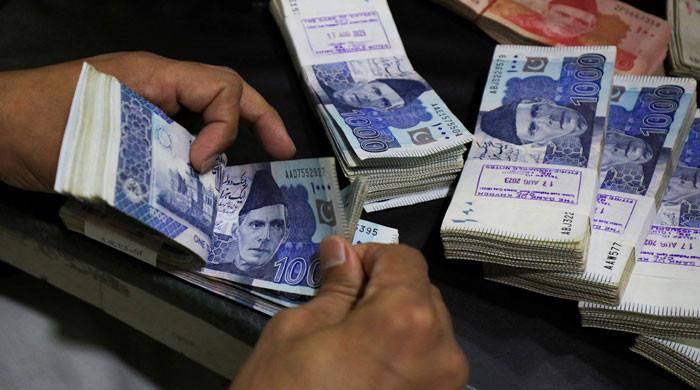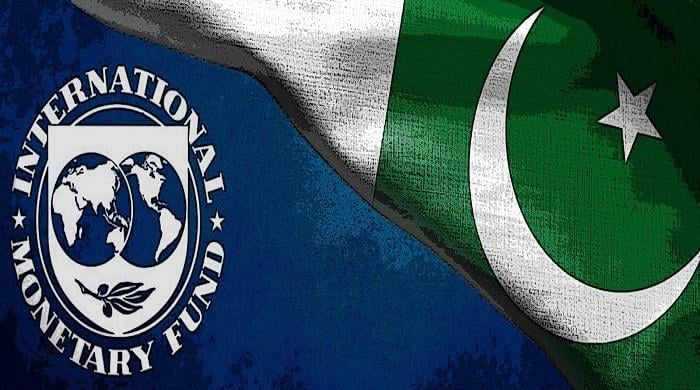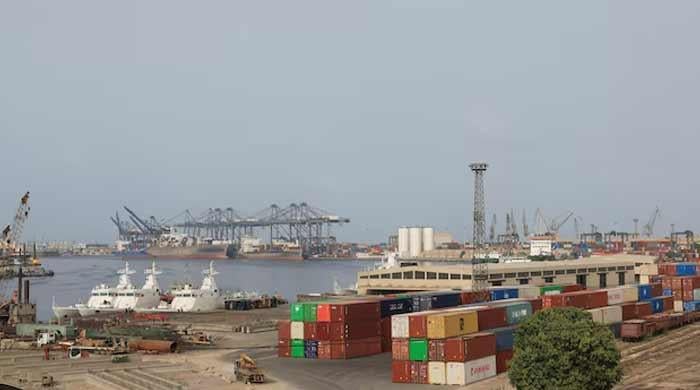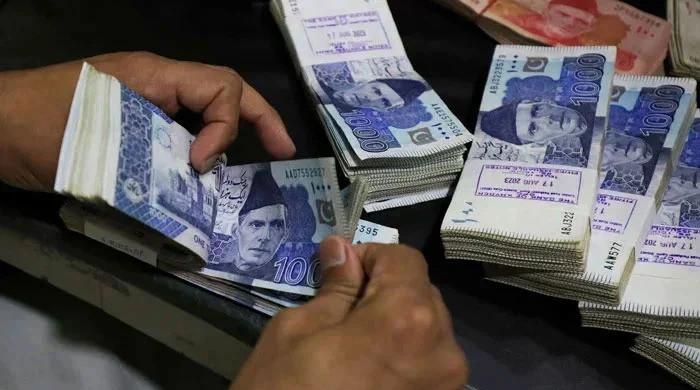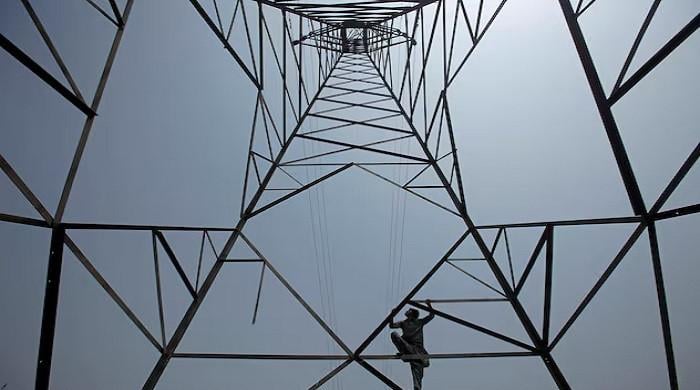Fuel consumers to bear Rs34bn burden as diesel freight margin increased
Pakistan consumes around 832 million litres of petrol and 670 million litres of diesel every month, say Ogra sources
May 16, 2025
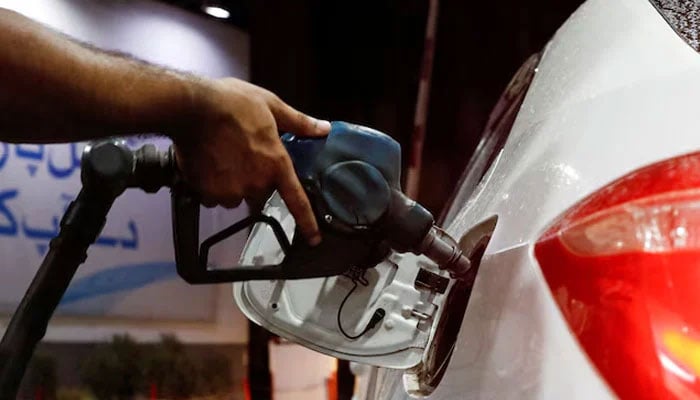
While local oil refineries have continued to consume billions of rupees in deemed duty over the years, they have failed to deliver better fuel to the public and instead have become a financial burden on consumers.
Now, the government has further increased the Inland Freight Equalisation Margin (IFEM) on high-speed diesel by more than Rs1.50 per liter under pressure from oil refineries and oil marketing companies (OMCs). This decision will impose an additional burden of around Rs34 billion on consumers over the next year.
For over two decades, local oil refineries have been collecting a 7.5% deemed duty in petroleum products prices from consumers. This duty was meant to help them upgrade their plants and produce petroleum products that meet international standards, especially diesel with lower sulfur content — sulfur being a major cause of cancer and other diseases.
But what has been the outcome? Billions of rupees have been collected, yet the refineries have failed to upgrade their systems or offer cleaner fuels. In fact, none of the roughly half a dozen local refineries in Pakistan can currently produce Euro-V compliant fuel, which is the global standard to reduce vehicle-related air pollution.
This failure has had dire consequences. Air pollution in Pakistan, especially in major cities like Lahore, Karachi, Faisalabad, Multan, and Rawalpindi, has worsened drastically. Substandard fuel is a key contributor to smog. The toxic emissions from high-sulfur diesel and low-grade petrol are choking the environment and public health alike.
Meanwhile, oil marketing companies and fuel dealers are also extracting hefty profits. With a margin of Rs16.51 per liter on both petrol and diesel, they continue to profit massively at the expense of the common citizen.
According to official Ogra sources, Pakistan consumes approximately 832 million liters of petrol and 670 million liters of diesel every month. This means even a small hike in margins results in a significant financial impact on the masses.
Sources in the Petroleum Division and Ogra confirm that the Economic Coordination Committee (ECC) has approved the inland freight margin hike, primarily to clear outstanding dues owed to OMCs and refineries since the government brought GST on petroleum products to zero.
There is also a proposal to increase the inland freight margin on petrol, which could lead to a further rise in fuel prices and household expenses.
Moreover, Ogra sources state that the ECC has now set the maximum petroleum levy limit at Rs90 per liter. Presently, consumers are already paying Rs78.02 per liter on petrol and Rs77.01 per liter on diesel in the form of petroleum levy alone.
Despite billions collected in the name of deemed duty, local refineries have done little more than pocket consumer money. Their failure to modernise has directly contributed to worsening environmental pollution and growing health concerns.
Now, as the government yields once again to industry pressure, the cost is being passed onto the public — who continue to suffer both financially and physically due to substandard fuel and rising prices.




